The Initiative is excited to announce Strengthening the Field: Catalyzing Research in Virtual Exchange, which will support seven independent research projects to investigate issues in virtual exchange design and practice. The Initiative helps lead the virtual exchange field in research and knowledge sharing, serving as a central place for collecting and sharing promising practices and other resources. These teams will explore key topics that will demonstrate the value of virtual exchange, strengthen the case for more widespread adoption, and allow us to better understand how virtual exchange can serve communities whose access to international education has been limited. Through our support of these projects and teams, the Initiative is strengthening the field of virtual exchange for all practitioners and participants.
The Initiative will share updates from each research project in Fall 2021 that will include a project summary, high-level findings, implications for the virtual exchange field, and where more detailed descriptions of this research can be found.
The Impact of Virtual Exchange on Student Success
This study will utilize institutional data over a 10-year period (2008 – 2018) to evaluate the impact taking a virtual exchange course has on student success as measured by student retention, graduation rate, and final cumulative GPA. Additional demographic variables will be collected to investigate whether the results differ based on race/ethnicity, gender, proxies of socio-economic status, and geographic and academic considerations.
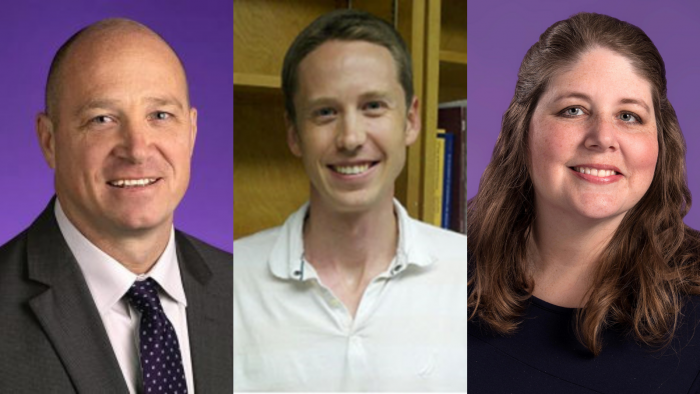
Researchers
- Jonathan Lee, Ph.D., Associate Professor, Department of Economics, East Carolina University
- Jami Leibowitz, Ph.D., Associate Director for Global Affairs and Director of Global Academic Initiatives, East Carolina University
- Jon Rezek, Ph.D., Assistant Vice Chancellor for Global Affairs, East Carolina University, Professor, Department of Economics, East Carolina University
Virtual Exchange and Underrepresented Student Populations: Challenges and Barriers for Hispanic Students in Higher Education
Several research studies emphasize Collaborative Online International Learning (COIL), a specific pedagogy within virtual exchange programs, as a method of providing underrepresented college students with global learning opportunities that advance social and economic mobility. Hispanic students are part of the underrepresented groups in higher education. Therefore, there is an urgent need to comprehensively study the experiences of Hispanics in higher education who participate in COIL programs to create opportunities that can lessen inequity.
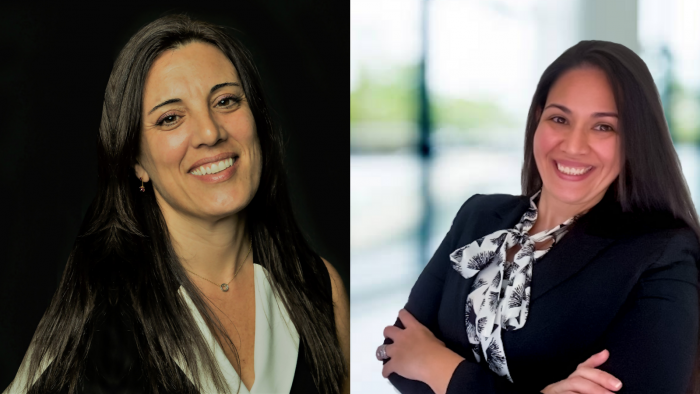
Researchers
Engaging K–12 Educators and Students in Virtual Exchange: Opportunities and Obstacles
This research, focused on Empatico’s Empathy Across the USA: Race Identity program, explores: (1) opportunities and obstacles to implementing virtual exchange programming in different districts and for different groups, with particular attention to underrepresented students; and (2) how teachers participating in virtual exchange programs understand and communicate about racial issues in the classroom.
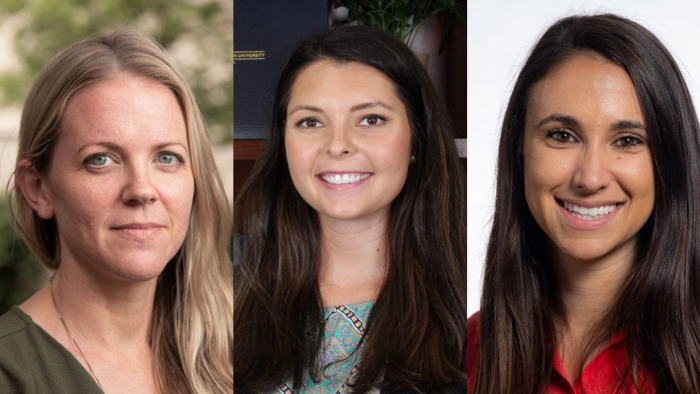
Researchers
The George Washington University Global Education Lab, including:
- Laura Engel, Ph.D., Associate Professor of International Education and International Affairs, The George Washington University (Twitter)
- Stephanie Gonzalez, Doctoral Student, The George Washington University (Twitter)
- Kelber Tozini, Doctoral Student, The George Washington (LinkedIn)
- Julia Brunner, Master’s Candidate, The George Washington University
Assessing Equitable Access and Outcomes in Community College International Virtual Exchange
This project provides insight into two aspects of international virtual exchange at community colleges. First, it explores which students access these international learning opportunities. Second, it examines what students learn from these experiences, focusing especially on global perspective-taking, cultural humility, and self-efficacy. The findings of this research will speak to the extent to which international virtual exchange programs provide intercultural learning opportunities to students who have been historically excluded from international education.
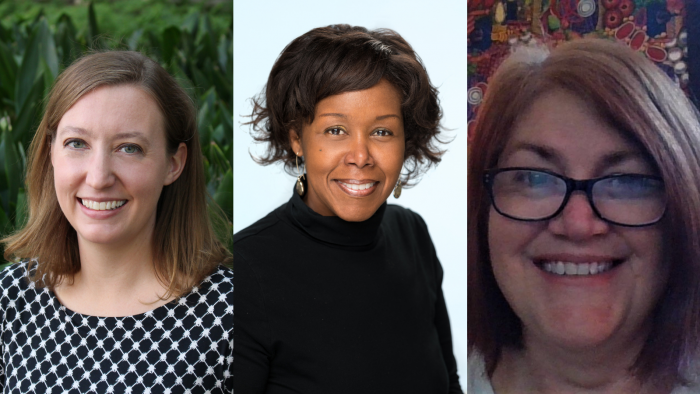
Researchers
- Melissa Whatley, Ph.D., Postdoctoral Research Scholar, Belk Center for Community College Leadership and Research at North Carolina State University (Twitter)
- Suzanne LaVenture, Director of International Education, Davidson-Davie Community College
- Nadine Russell, Director of the Global Learning Office, Central Piedmont Community College
Marginalization and Underrepresentation in Virtual Exchange: Causes and Remedies
Virtual exchange is prone to suffer from Western hegemonies as any other form of online education. This study critically assesses virtual exchange as a vehicle for action, public engagement, and socio-political change. Through questionnaires and interviews, the study seeks to understand the challenges and pitfalls in virtual exchange for educators and administrators from marginalized and/or underrepresented regions, and to identify virtual exchange practices and policies that can contribute to mitigating the impact of these challenges.
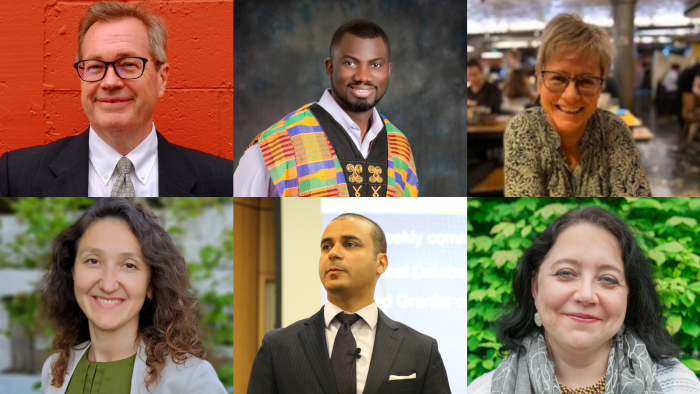
Researchers
- Nael Alami, Ph.D., Associate Professor of Neuroscience, Director of the Virtual Exchange Program, and Provost at the Modern University for Business and Science, Lebanon (Twitter)
- Mirjam Hauck, Ph.D., Associate Head of School (Internationalisation, Equality, Diversity and Inclusion), The Open University UK, Faculty of Wellbeing, Education and Language Studies (Twitter)
- Müge Satar, Ph.D., Lecturer in Applied Linguistics and TESOL, Director of Internationalisation, School of Education, Communication, and Language Sciences, Newcastle University, UK (LinkedIn)
- Liudmila Klimanova, Ph.D., Assistant Professor of Russian and Second Language Acquisition, School of International Languages, Literatures, and Cultures, College of Humanities, University of Arizona, USA.
- Kwabena Boateng, Founder/President African Diaspora Nation, Executive Director, HBCU Africa Education Consortium (LinkedIn)
- Loye Sekihata Ashton, Ph.D., Vice President of Partnerships and Chief Academic Officer, Class2Class (LinkedIn)
Best Practices for Synchronous and Asynchronous Communication in Virtual Exchange
There is a widely-held assumption by virtual exchange teachers that their students will be in some way naturally prepared to interact successfully, but this is often not the case. Based on data collected from several virtual exchanges, the aim of this study is twofold: to develop a set of strategies to prepare students for synchronous and asynchronous online intercultural communication and to design mentoring guidelines for virtual exchange teachers to scaffold learners in effective use of these tools.
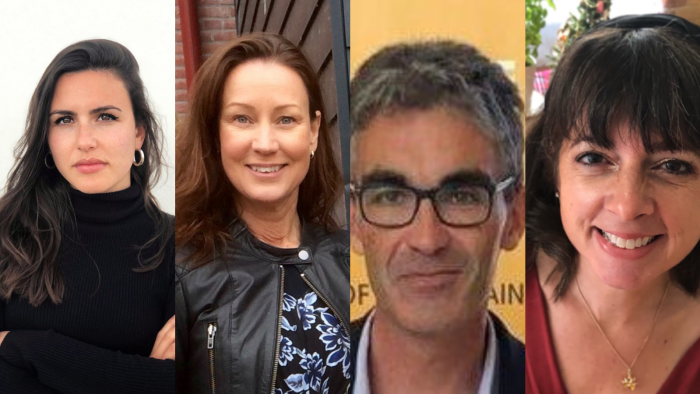
Researchers
- Begoña F. Gutiérrez, Doctoral Candidate, predoctoral researcher, lecturer, University of León. (Twitter)
- Malin Reljanovic Glimäng, MA, Malmö University, Sweden (Twitter)
- Robert O’Dowd, Ph.D., Associate Professor (professor titular), English as a Foreign Language and Applied Linguistics, University of León, Spain. (Twitter)
- Shannon Sauro, Ph.D., Department of Education, University of Maryland, Baltimore County, USA (Twitter)
AFS Global You Virtual Exchange Impact Study
The primary goal of this research is to identify and further develop the efficacy of virtual exchange, with the aim of strengthening programs that develop high school students’ global competence. The AFS Global You Adventurer exchange runs on an online platform including video modules, discussion prompts, interactive activities, and live facilitated sessions, run by experienced qualified facilitators. This study will gather and analyze data using a mixed methods approach to determine if the AFS Global You Adventurer develops stronger perspective-taking skills, reduces stereotypes, improves intercultural communications, leads to greater knowledge seeking, and builds empathy, including if dosage affects these outcomes.
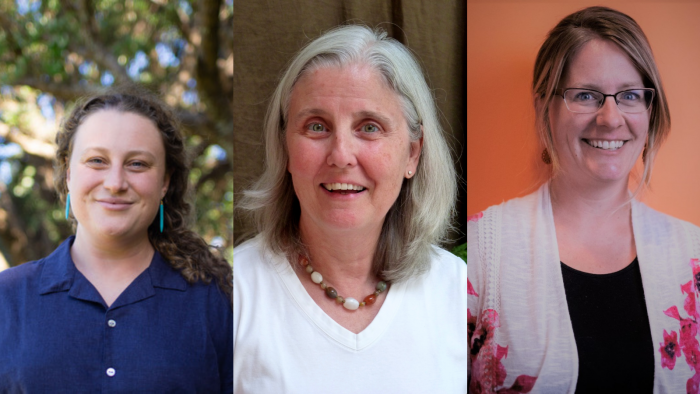
Researchers
- Corinna Howland, Ph.D., Research Associate, AFS Intercultural Programs, Inc.
- Bettina Hansel, Ph.D., AFS Intercultural Programs, Inc.
- Linda Stuart, Head of Global Competence Certificate, AFS Intercultural Programs, Inc. (Twitter)







